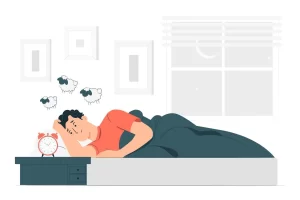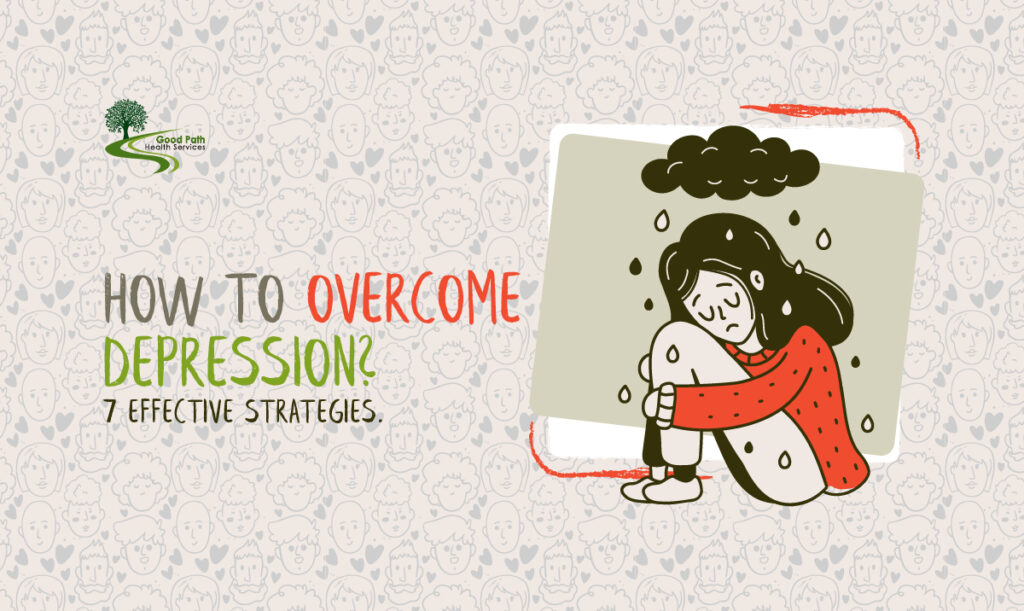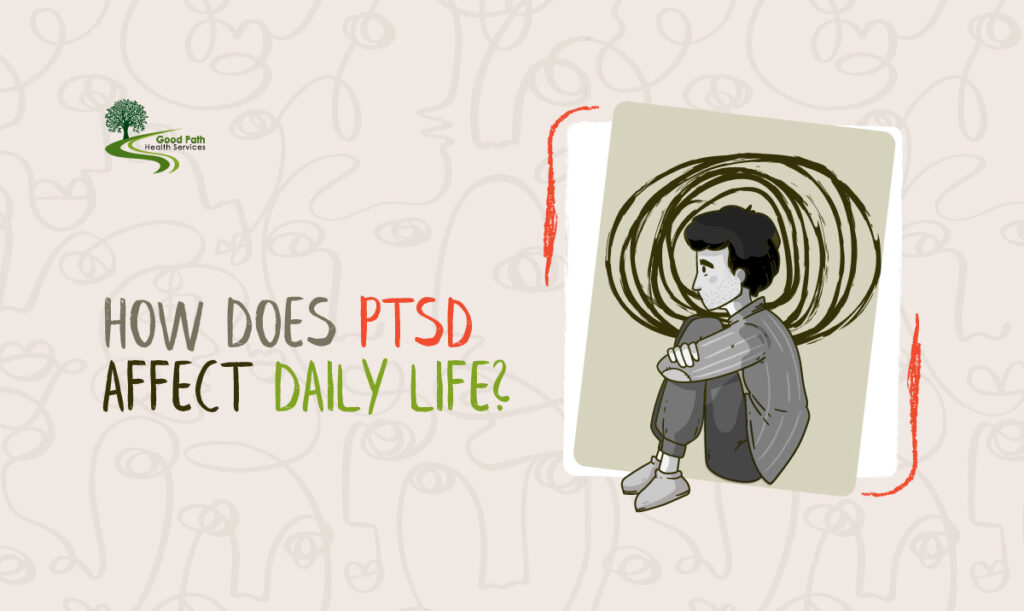
A sound and restful sleep is becoming more and more of a luxury.
Insomnia, generally referred to as difficulty falling asleep or staying asleep, affects people all over the world.
Even though insomnia is a difficult condition, the question remains: is insomnia a disability?
Let’s take a closer look below.
What Is Insomnia?
Insomnia can be anything from periodic sleep disturbances to ongoing, chronic sleeplessness.
This lack of quality sleep can cause fatigue, difficulty concentrating, and impaired decision-making. These can collectively affect all areas of one’s life.

Symptoms of Insomnia
The symptoms of insomnia can look like:
- It’s hard to fall asleep at night, even when you’re tired.
- You find yourself waking up multiple times throughout the night and struggling to go back to sleep.
- Sometimes, you wake up too early in the morning and can’t get back to sleep at all.
- When you do wake up, you don’t feel refreshed or well-rested.
- You feel tired and sleepy throughout the day, even if you got some sleep the night before.
- It’s hard to concentrate or stay focused on tasks during the day.
- Your mood might swing and you might feel irritable or anxious due to lack of sleep.
- You make more mistakes or have accidents because your thinking and decision-making are affected.
- You might notice changes in your appetite or weight.
- The quality of your work or performance in daily activities might suffer.
Related Read: Can Sleep Apnea Cause Insomnia?
Defining Disability
To determine if insomnia can be considered a disability, we first need to thoroughly understand what exactly a disability is.
Traditionally, the term disabilities has been linked to physical conditions and having limited mobility.
Yet, our comprehension of disabilities has grown to include conditions that greatly affect our ability to lead and enjoy life effectively.
How Insomnia Affects One’s Daily Life
When insomnia is severe and ongoing, it can have a big impact on a person’s everyday routine.
The lack of good, restful sleep can impair cognitive abilities, which can make it difficult to perform or carry out everyday tasks with ease.
Feeling constantly tired and irritable can really wear down our personal and work relationships. This could even lead to decreased overall happiness and wellness.
Insomnia can also hinder productivity at work.
Not enough sleep can make it difficult to focus. This may result in less work done and more time off. These things might slow down progress at work and job success.
Is Insomnia A Disability?
Let’s answer the question: Is insomnia a disability?
From a medical perspective, insomnia alone is generally not considered a disability.
Legally, calling insomnia a disability depends on specific guidelines from the Americans with Disabilities Act (ADA) and the Social Security Administration (SSA).
The ADA defines disability as a condition that substantially limits major life activities. Insomnia may not qualify as a disability under the ADA unless it is a symptom of another qualifying condition.
The SSA, which oversees disability benefits, has its own criteria.
Insomnia is not specifically listed in the SSA’s Blue Book, which is a manual of conditions considered disabilities.
However, if insomnia is part of a broader impairment that meets the SSA’s definition of disability, the person might be eligible for benefits.
Talking to medical and legal professionals is important. This helps understand different situations and get needed proof.
This will help decide if insomnia counts as a disability in medical and legal contexts.
In What Case Can You Get Disability for Insomnia?
- Combined physical or mental health problems. Insomnia itself isn’t considered a standalone disability but if it is combined with other physical or mental health conditions that meet the criteria for disability, it could strengthen a person’s case for disability benefits with the SSA.
- VA disability rating for insomnia. For veterans in need of disability benefits for insomnia, the VA has specific criteria for obtaining a VA disability rating. To be eligible for a VA rating for insomnia, a veteran must have a medical diagnosis of insomnia, either acute or chronic, documented in their medical records.
The VA rating process examines the severity and impact of insomnia on a veteran’s ability to function.
How to Manage Insomnia’s Impact
Regardless of its classification as a disability, it is essential for those struggling with insomnia to receive appropriate care and treatment.
These sleep hygiene practices can be beneficial:
- Keeping a consistent sleep schedule.
- Avoiding stimulants before bed.
- Not using electronics (phone, tablet, PC, etc) before bed.
- Getting daily movement in.
- Not eating big meals before bedtime.
- Having a nice bedtime routine (reading, meditating).

Additionally, professional help from doctors, therapists, or sleep specialists can help with advice and treatment options.
For professional insomnia treatment and management, please reach out to us at Good Path Health Services.
Final Thoughts
Is insomnia a disability? Insomnia isn’t officially classified as a disability, but it can affect your quality of life a lot.
Get medical and legal advice to determine eligibility if it’s a symptom of another qualifying condition.
Establish good sleep habits along with seeking professional care.
If insomnia is a serious problem in your life, please get in touch with us at Good Path Health Services for treatment and support.
FAQ Section
Is insomnia considered a disability?
Insomnia might not be classified as a disability on its own but can adversely affect life in general.
Is chronic insomnia a disability?
It might not be classified as a disability unless it meets specific criteria for disability benefits.
What is the disability rating for insomnia?
There is no specific disability rating for insomnia. Insomnia is evaluated as part of a broader impairment when determining disability eligibility.
Is insomnia a disability under ADA?
Insomnia alone may not be considered a disability under the ADA unless it is a symptom of another qualifying condition.
Is narcolepsy considered a disability?
Yes, narcolepsy is considered a disability under the ADA if it interferes with major activities.
Can you get Social Security disability for sleep apnea?
SSA does not have a specific disability listing for sleep apnea.
If you have sleep apnea, you may be able to qualify for Social Security disability benefits if you meet the requirements for other disability listings like respiratory or heart disorders.



